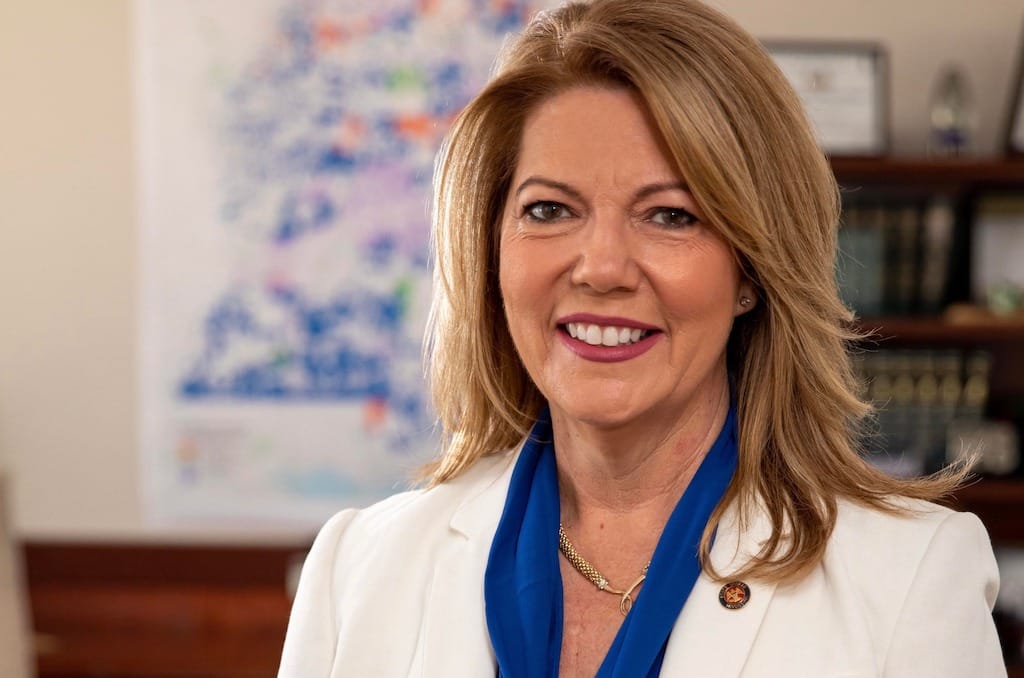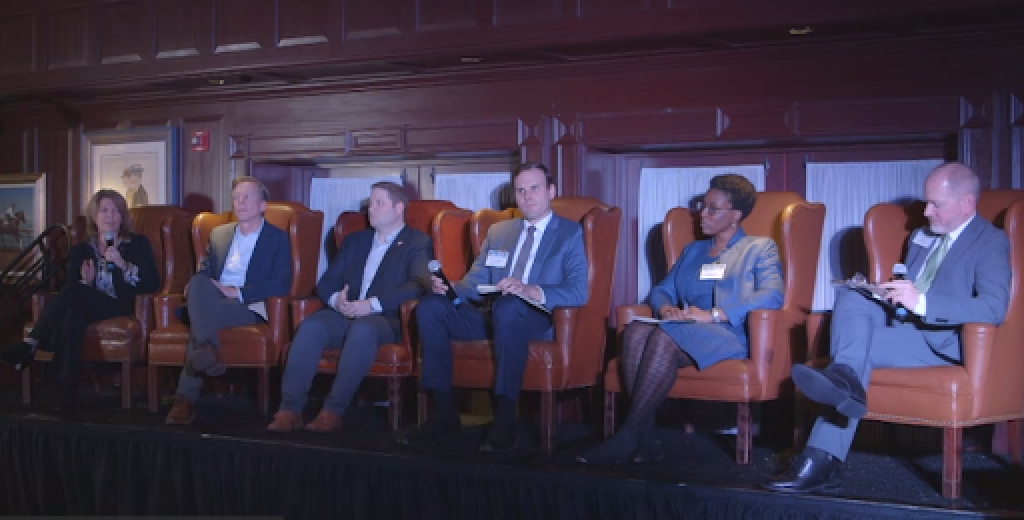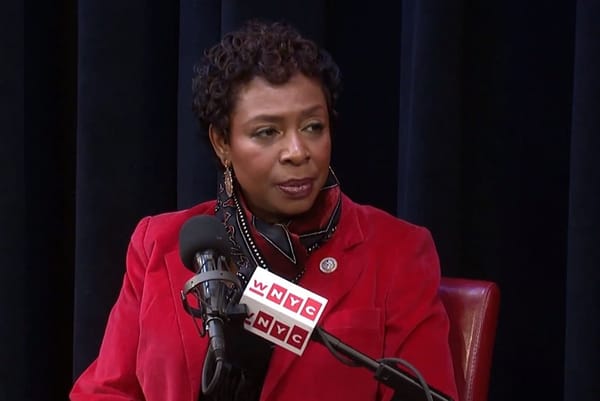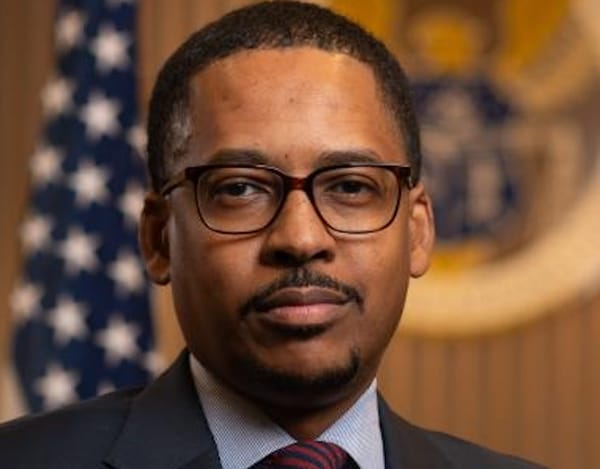States Broadband Offices Detail Broadband Locations, Seek NTIA Flexibility
State broadband officers shared numbers of unserved and underserved locations within their respective states.

WASHINGTON, March 7, 2024 – State broadband officers speaking at the Broadband Measurement Summit shared projected figures regarding each states' broadband serviceable locations:
In Virginia, following the examination of evidence from 266,000 challenges, an additional 310,000 locations were identified through the area challenge module, according to Chandler Vaughan, senior broadband policy analyst at the Virginia Department of Housing and Community Development.

The numbers stemmed from challenges within census block groups where more than six locations were challenged against one provider or one specific issue.
Vaughan also reported that out of 18,000 community anchor institutions in Virginia, 16,000 lack gigabit service.

Mississippi is forecasted to have 40,000 underserved locations, said Sally Doty, director of broadband expansion and accessibility for Mississippi.
In Arkansas, Glen Howie, the director of the Arkansas State Broadband Office, said that the state anticipates around 160,000 unserved and underserved locations.

State offices aim to 'backfill' from CAF II and RDOF awards
Additionally, the state broadband offices hope to shoulder the responsibility of connecting additional unexpected broadband serviceable locations within their states – if the Federal Communications Commission decides to grant amnesty to recipients of two major broadband expansion funds.
The FCC initiated a public comment period Tuesday regarding the amnesty proposal, which requests leniency for companies unable or unwilling to fulfill their contracts under the Rural Digital Opportunity Fund or the Connect America Fund Phase II.
Granting amnesty might make the affected communities eligible for BEAD funding.
State broadband officers highlighted the potential increase in BEAD-serviceable locations, particularly as some states have already completed their challenge processes.
“We need flexibility from NTIA to add those locations on the fly,” said Chandler Vaughan, senior broadband policy analyst at the Virginia Department of Housing and Community Development.
Vaughan raised concerns with the 95 percent minimum build-out obligation required of FCC award recipients, which leaves 5 percent of census block groups without broadband connectivity, creating pockets of unserved homes, he said.
Vaughan also highlighted the ambiguity in the RDOF and CAF II guidelines regarding award recipients' responsibilities for special construction costs and the provision of broadband to newly constructed homes.
These challenges have led to significant gaps in internet availability that the Virginia broadband office is currently working to address, he said.
If internet service providers are relieved of federally enforceable commitments to build broadband networks, it would likely result in more unserved and underserved pockets needing to be reinstated on state broadband availability maps.










